Sarfira, starring Akshay Kumar, was finally released in theaters today. It co-stars Paresh Rawal and Radhika Madan and features a cameo by South Asian actor Suriya, who starred in the original version, the 2020 Tamil film Soorarai Pottru.
Sarfira Review: It Ain’t A Rocket Singh, Entrepreneurs
The journey of an entrepreneur is not naturally cinematic. Such stories involve trying, waiting, thinking, failing, speaking, fussing, and negotiating. There is no visual grammar; the Bollywood drama is primarily silent, slow-burning, and bureaucratic.
As a result, most Indian films on entrepreneurship overcompensate in their treatment and tone. They are meant to sell, not tell. Complex lives are reduced to emotional binary choices, and the story becomes non-linear; events get simplified, barriers are literalized, and heroes are undermined. Imagine training montages from sports movies, where years of effort and repetitions are condensed into a single punchy sequence, but this time, the entire film is that montage.
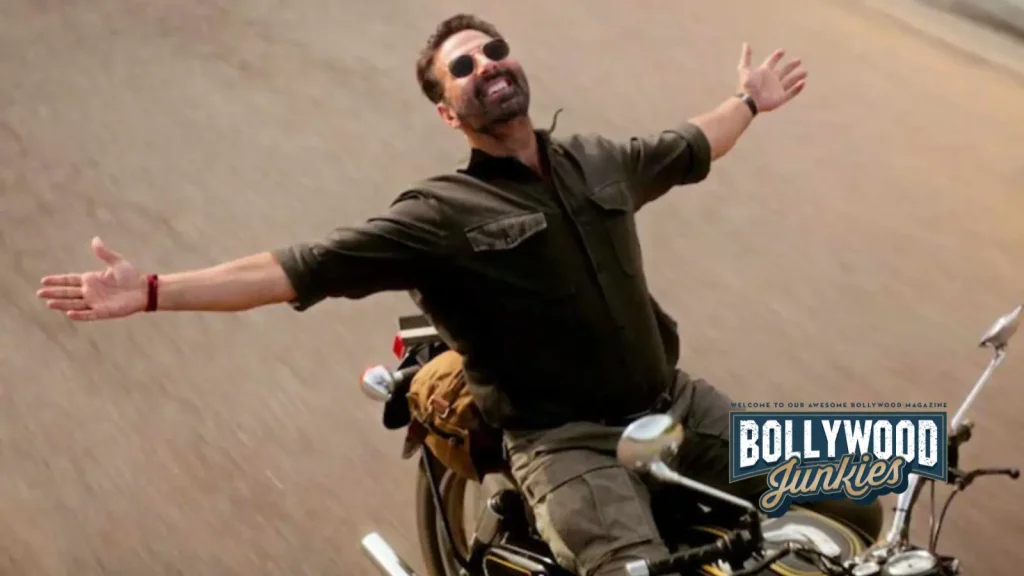
Some films, such as Rocket Singh: Salesman of the Year (2009) and Band Baaja Baaraat (2010), do this brilliantly. They trust the hustle’s innate individuality. However, the majority of these films, such as the recently released Srikanth (2024), have more body than spirit. Every scene appears to be an advertisement designed to promote a product they do not fully trust.
Sudha Kongara’s Tamil film Soorarai Pottru (2020), of which Sarfira is a Hindi version, belonged to the same category. It is loosely based on Air Deccan founder G.R. Gopinath’s book ‘ Simply Fly’ and follows a former Indian Air Force (IAF) officer as he overcame numerous obstacles to launch India’s first low-cost airline. His dream of making air travel affordable to all Indians contains numerous class-barrier clichés.

Like a histrionic tale about how pricey travel tickets prevented him from visiting his dying father. Like an aristocratic rival (Paresh Rawal) who sanitizes after shaking working-class hands or fires employees for using the same restroom. Alternatively, detractors who sneer at the hero every time he breathes remind us that he is an underdog.
Suriya, the original film’s headliner, was in top form. It had a strong female presence in Aparna Balamurali, whose ‘ supporting position’ as the wife tested tests the man’s main character energy; their marriage contained not one, but two dreamers.
Sarfira, on the other hand, inherited Soorarai Pottru’s shortcomings (most notably Rawal’s one-note performance) while diluting its benefits. To begin, Sarfira (which means “mad”) is unable to resist the film’s Akshay Kumarization. The ‘ social savior’ mentality reserved for his characters appears with the tiniest of changes.
For example, a scenario in which a guy interrupts former President Abdul Kalam’s media interview to request assistance is transformed into a scene in which he interrupts the president’s speech at a girls’ school and publicly airs his request.
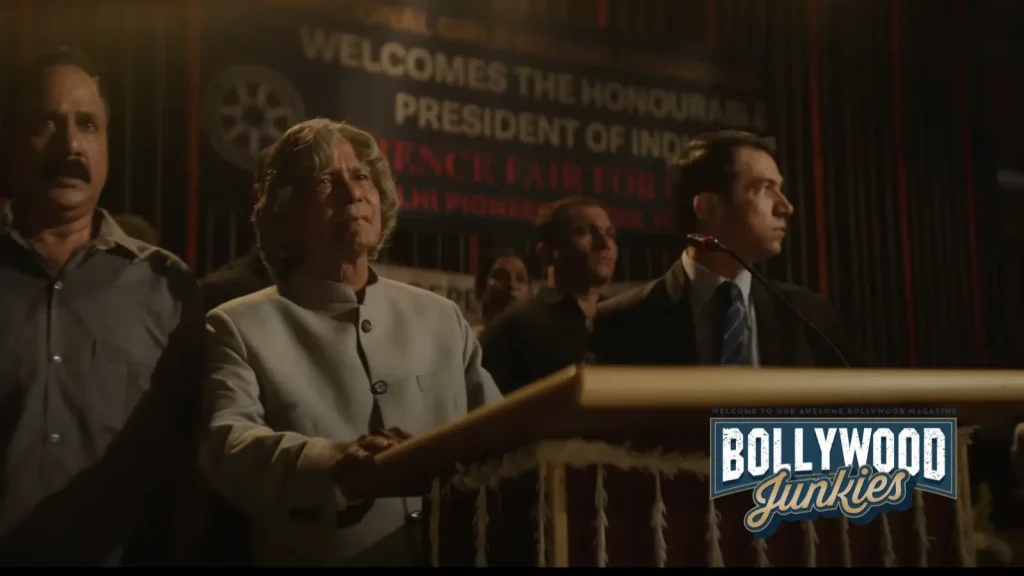
The gendered statement of their marriage, in which the woman’s business runs the family, and she mocks her husband for losing hope, is toned down here. Even in a sequence where he swallows his male pride and asks a woman for money, Kumar’s Vir Mhatre appears to be the hero since he is modest enough to shatter stereotypes. Never mind that she gently chastises him for thinking it was a “loan.”.
When Vir loses his calm, Kumar plays it up so much that it feels like the film wants us to see how messy he is willing to become. It doesn’t help that Kumar is shot from angles that make it difficult for him to make eye contact with the characters with whom he interacts.
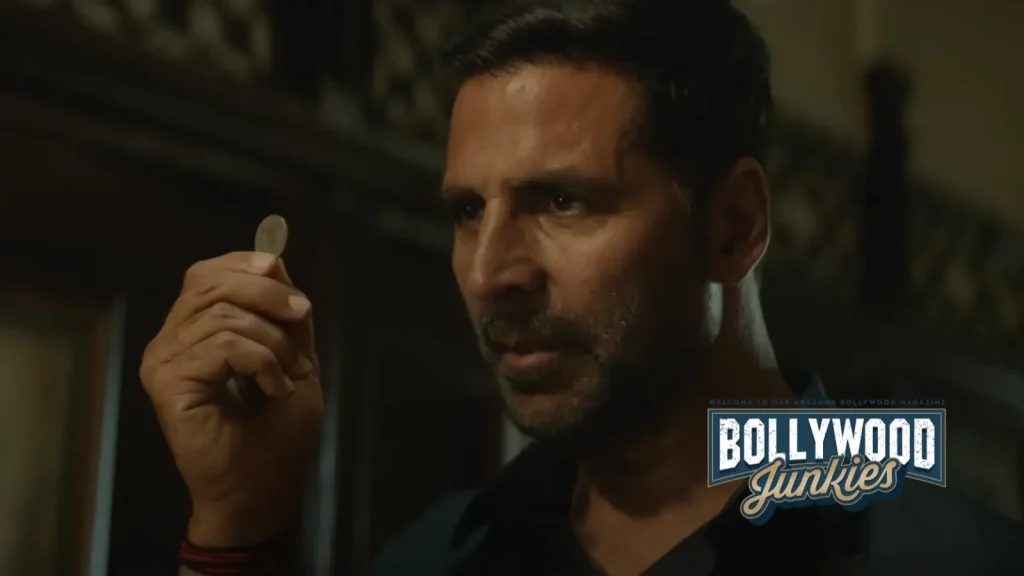
When Vir goes looking for his wife after a fight, there is token integration: he enters a mosque, immerses himself in Sufism, and we suddenly observe a Muslim neighborhood, which is never shown again in the film. This is another issue with the film.
Soorarai Pottru was at least at ease with its cultural identity: a Tamil drama about Tamils attempting to make an India-sized impact on aviation. Even the caricatures were done in good faith. However, Sarfira is uncomfortable with the cultural translation of a Hindi movie about small-town Maharashtrian residents battling in Mumbai. The appropriation is strong.
Every line of the lone Catholic character ends with “man”. Vir keeps using Marathi phrases in his conversations, which makes me miss Rawal and Kumar from Hera Pheri (2000).
Radhika Madan Saves The Movie To a Degree
Radhika Madan’s performance is one of the few bright spots in this unoriginal adaptation. It is neither a recreation of Balamurali’s turn nor is it confined to her character’s agency. Watching her is like watching a different, more fascinating film about a young female entrepreneur who makes her suitor wait three years before marrying her on her terms.
She runs a bakery in a large city (a true ‘breadwinner’), providing financial support for the family while remaining in the background. AllI believe all of this is conveyed by Madan’s comfortable rapport with the camera, which transcends their marriage’s age difference to result in symbiotic companionship.
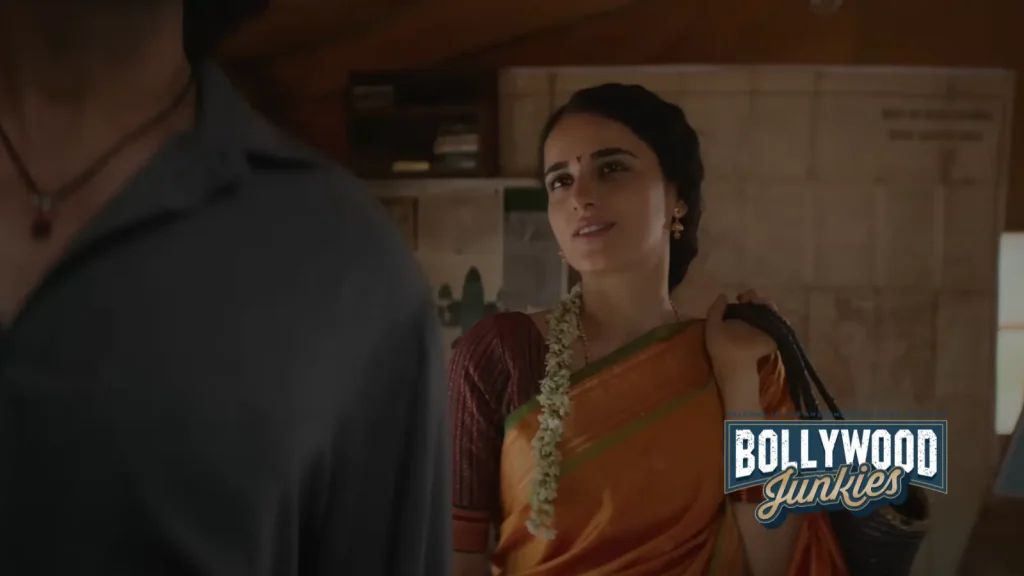
I also enjoy the narrative’s perseverance: Vir keeps hitting a wall, and there’s never any doubt that he’s a little crazy to keep going despite a rigged system. A little more about why Vir quit the IAF, or something about his serial business and restless drive, could have helped the film’s frenetic pace. But his ambitions remain too prefabricated as if he awoke one day and chose to become a philanthropist for others like him.
Sarfira is playing in cinemas.
Director: Sudha Kongara
Writers: Sudha Kongara, Shalini Ushadevi, and Pooja Tolani
Cast: Akshay Kumar, Paresh Rawal, Radhika Madan, Seema Biswas, and Prakash Belawadi
Duration: 155 minutes


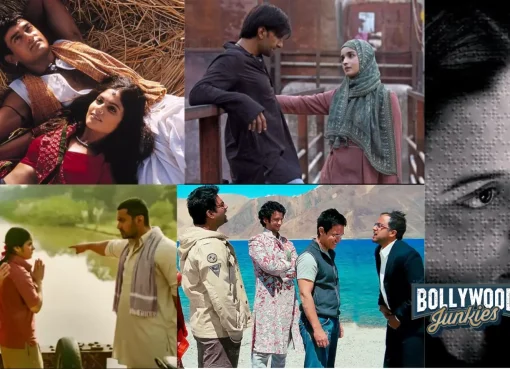
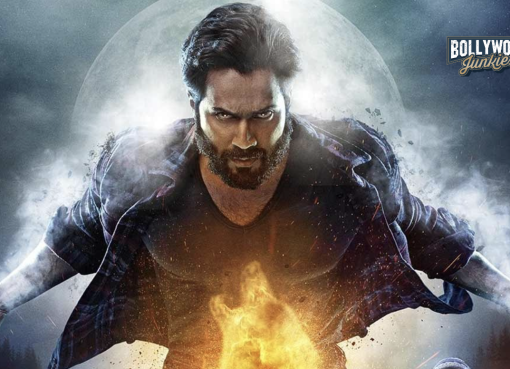
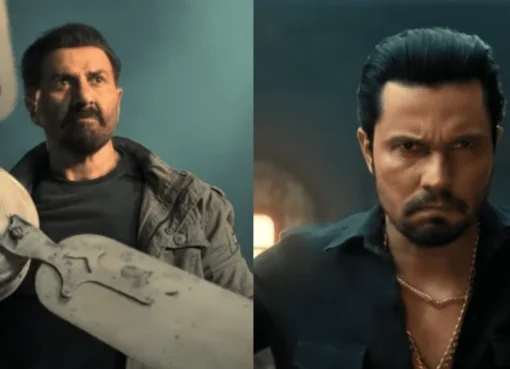
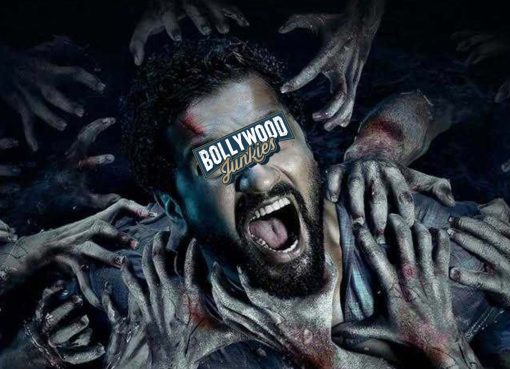

Leave a Comment